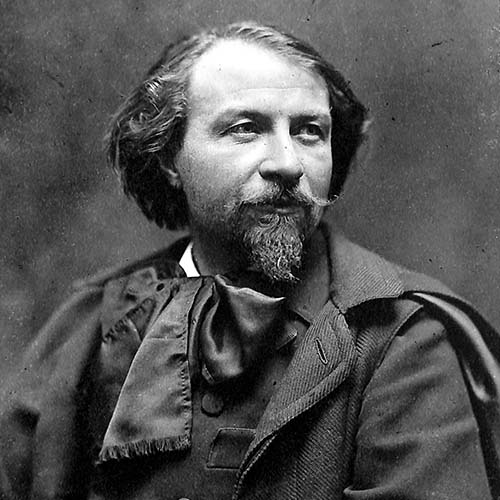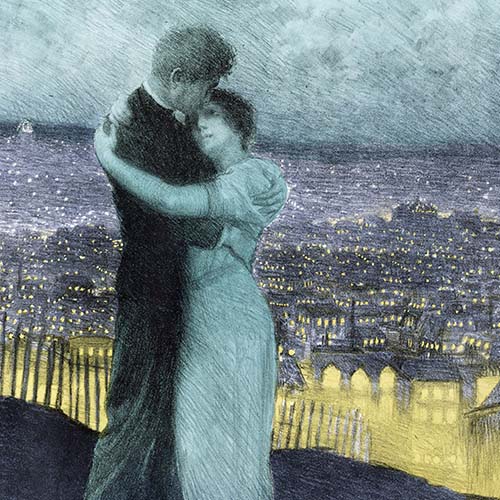Throughout the season
Louise
Roman musical in four acts and five scenes by Gustave Charpentier, on a libretto by the composer, premiered at the Opéra-Comique in Paris (Salle Favart III) on 2 February 1900.
Opera

© Simon Fowler
“Depuis le jour où je me suis donnée...” There are few passages in opera that express so evocatively the pleasure of love and its potential to emancipate a young woman as this most famous aria in Louise. Born into a working-class family with strict morals, the heroine ultimately chooses to face an uncertain future alone, a future personified by Paris, the city of freedom and perdition. With his “roman musical” combining social preoccupations with idealistic aspirations, magnificent flights of lyricism and great picturesque scenes, Gustave Charpentier gave the twentieth century its first opera.
A true connoisseur of the work, Christof Loy brings out the darker side of a society which, far from emancipating its daughters, offers them nothing but tawdry romances to sublimate a horizon riddled with frustrations. Elsa Dreisig continues her exploration of the roles of young women full of determination and fighting spirit; and she is surrounded by the most brilliant upholders of the French repertoire, conducted by Giacomo Sagripanti at the helm of the Choir and Orchestra of the Opéra de Lyon.
“A musician, M. Charpentier is indeed, thanks to his passion for life, for life immense and universal, for the life not only of living beings but also of things; he is a musician through the power he has to give poetic expression to his feelings and emotions.”
(Alfred Bruneau, Le Figaro, 3 February 1900).
A true connoisseur of the work, Christof Loy brings out the darker side of a society which, far from emancipating its daughters, offers them nothing but tawdry romances to sublimate a horizon riddled with frustrations. Elsa Dreisig continues her exploration of the roles of young women full of determination and fighting spirit; and she is surrounded by the most brilliant upholders of the French repertoire, conducted by Giacomo Sagripanti at the helm of the Choir and Orchestra of the Opéra de Lyon.
“A musician, M. Charpentier is indeed, thanks to his passion for life, for life immense and universal, for the life not only of living beings but also of things; he is a musician through the power he has to give poetic expression to his feelings and emotions.”
(Alfred Bruneau, Le Figaro, 3 February 1900).
Dates
Staged version
New production of the Festival d’Aix-en-Provence
Co-production Théâtre national de l’Opéra-Comique / Opéra national de Lyon / Palazzetto Bru Zane
New production of the Festival d’Aix-en-Provence
Co-production Théâtre national de l’Opéra-Comique / Opéra national de Lyon / Palazzetto Bru Zane


 Torna indietro
Torna indietro  newsletter
newsletter webradio
webradio replay
replay
